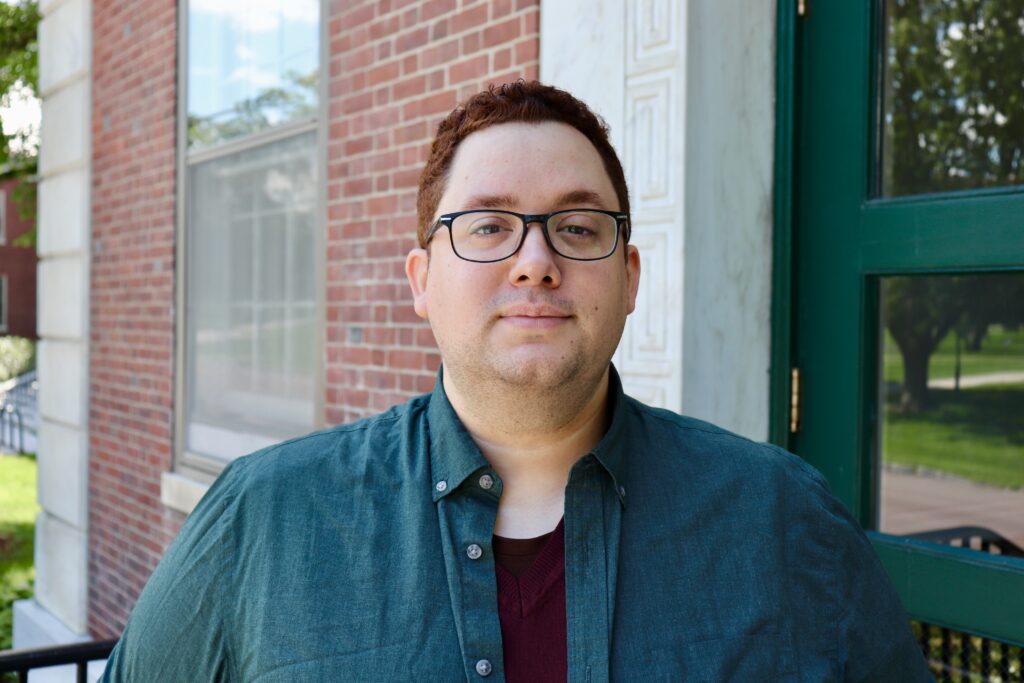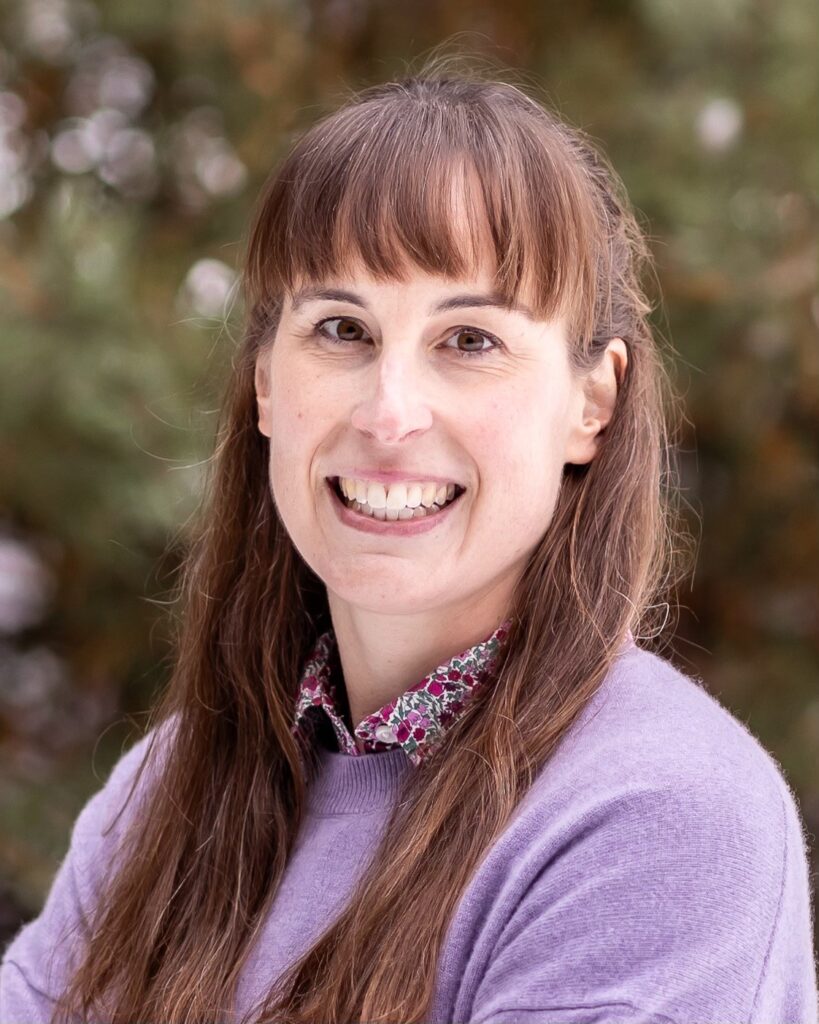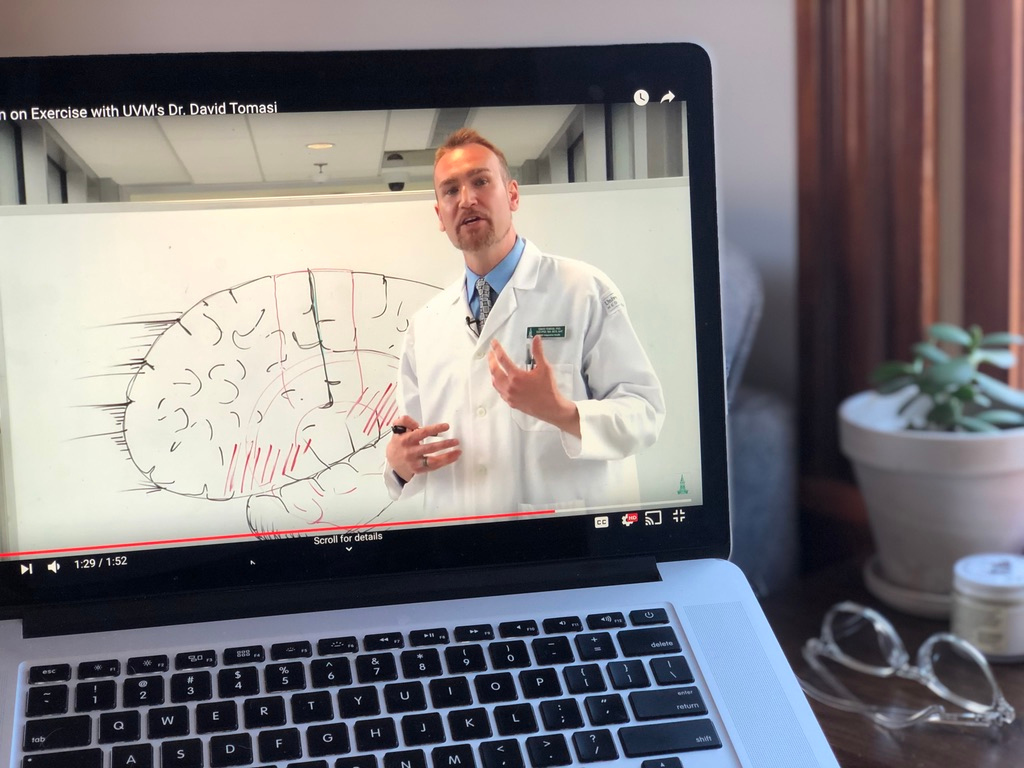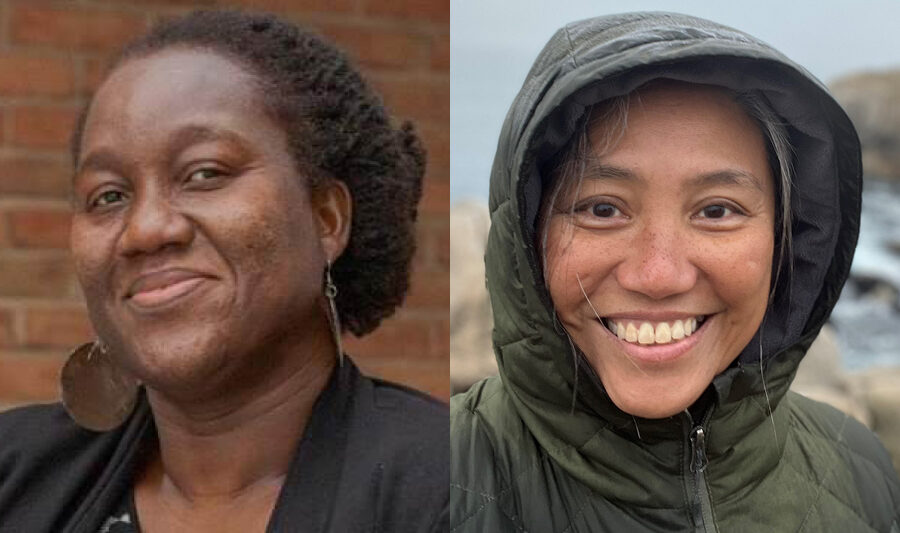In the realm of online education, especially in digitally driven times, online teaching has become an art.
Behind the screens, dedicated educators at University of Vermont work tirelessly to bridge the gap between traditional classroom settings and the virtual world, ensuring that learning never halts, regardless of the circumstances. The University of Vermont Prelock Online Teaching Award shines a spotlight on those who redefine the boundaries of online education.
This year, two University of Vermont educators stood out amidst a pool of 77 nominations submitted by students and faculty. Their courses not only met but exceeded the rigorous online education criteria set forth by the review committee—a diverse panel of UVM faculty, staff, and current online students.
The committee selected the winners who best crafted an effective learning experience and demonstrated an imaginative approach, organizational prowess, inclusivity, and a knack for fostering community.
The 2023 winners of the University of Vermont Prelock Online Teaching Award are: Arby Ghemari for his asynchronous course “Language Policy Issues, Race & School” (ECLD 056) and Lizzy Pope for her synchronous course “Fundamentals of Nutrition” (NFS 43).
Arby Ghemari: A Global Lens on Education

Arby Ghemari, Ph.D. candidate, says his life experiences have deeply influenced his teaching methodology, enabling him to create an inclusive and engaging learning environment.
“I’ve been through that process of learning a foreign language; I know how hard it is to master,” Ghemari said.
Originally from North Africa, Ghemari worked abroad in Vietnam, China, India, Spain, and Tunisia before coming to Burlington, Vermont, for a fully-funded fellowship as a Ph.D. candidate in the Educational Leadership & Policy Studies program.
“We train future educators to work with multilingual students, and I had the opportunity to apply a global lens with my perspective as an international faculty member. As immersion educators we’re asking, how can we promote and create inclusivity in an environment where all your students can feel safe?”
Arby Ghemari
His commitment to fostering an inclusive environment within online education encourages students to explore their identities and the world around them. One example is an assignment in which students critique art or media. This task prompts students to identify and analyze how privilege and power dynamics are presented in the media, including issues related to race, gender, and socio-economic status, among others.
“It could be art or a TikTok, Instagram Reel, or a TV show. We covered implicit bias and microaggressions, and I had students who saw microaggressions in a TV show or social media post share about this,” Ghemari said. “They are often only required to post comments on a few of their peers’ posts, but there would be many more responses on these types of posts.”
His course was praised for introducing a global perspective and creating a platform for students to analyze and engage deeply with content, showcasing the power of empathy and understanding in online education. The committee noted that he was also the only finalist to introduce a global perspective in his course by having students analyze video clips from Singapore about privilege, aiming to understand how privilege manifests in different countries.
“It’s a great honor to me and a testament to the collaborative effort among the Education for Cultural and Linguistic Diversity faculty, underpinned by the incredible support of our chair, Dr. Kimberly Vanesst, and my awesome mentor, Dr. Cynthia Reyes, who created the course and the ECLD minor,” Ghemari said. “It certainly fills me with immense gratitude and pride. It’s especially rewarding to know that my efforts have resonated with both my peers and my students, again affirming the impact of our collaborative teaching approach.”
Lizzy Pope: Nutrition Education, Redefined

Lizzy Pope, Ph.D., RD, took on the challenge of adapting the Fundamentals of Nutrition course for online delivery during the pandemic. With a class size of 300 students, Pope’s task was no small feat.
“This award is a reflection of all the work it took to shift such a large enrollment course online and still have student engagement,” Pope shared.
Instead of meeting for 75 minutes synchronously twice a week as the course did before the pandemic, Pope allowed students to view course materials on their own with a once-a-week touch base to review the materials, “They have a hard enough time paying attention when I’m standing in front of them in a classroom. So, I wanted to provide videos they could watch at their own pace when it worked for them,” Pope said.
Her approach to grading and assignment design further exemplified her commitment to accessibility and inclusivity, ensuring students felt supported throughout their online education learning journey.
“Before the pandemic, the class grade was based on four exams. That just didn’t work for the online setting. I changed the grading system so that students accumulated points throughout the semester and had a choice in how they did that. If they didn’t like to do quizzes, they could do more activities and vice versa. If they did poorly on something, they could recover from that by earning points another way,” Pope said.
By incorporating personal instructional videos recorded in locations like her garden, kitchen, and neighborhood, she built a strong sense of community and connection among her students.
“I had prioritized building community in a way that I think was really special for this size of a course,” Pope reflected. In the videos, her students got to know a less formal side of Pope; she often wore sneakers and her favorite nutrition-related t-shirts. Pope still uses many of the changes she implemented during the pandemic today, including the grading system and personal storytelling component.
“That connection drives learning in a lot of ways,” Pope said.
The Prelock Online Teaching Award receives nominations each fall and announces the winners in January.
The Prelock Award Committee 2023 included:
- Sefakor Komabu-Pomeyie (2022 Prelock Award Winner, Adjunct Lecturer, and Ford Foundation Fellow)
- Alex Messinger (Award committee coordinator and Manager, Online Learning, PACE)
- Kate Moreau (Clinical Associate Professor, CNHS and UVM Master of Public Health Alum)
- Chanc VanWinkle Orzell (Microbiologist with the State of Vermont and UVM Master of Public Health student)
- Joan Rosebush (Senior Lecturer, CEMS)
- Connie van Eeghen (Associate Research Professor, LCOM)
- Marie Vea (2022 Prelock Award Winner and Assistant Dean for Student Services and Staff Development, RSENR)
- Julia Walberg (Lecturer and Clinical Educator, CNHS)
- Susan Whitman (2021 Prelock Award Winner and Lecturer, CNHS)
More than 500 online credit and non-credit courses are offered at UVM through Summer University, a variety of online professional development courses, graduate programs, or professional certificates year round.




